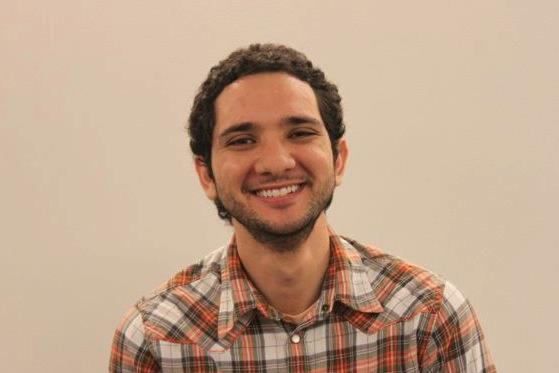Why Do Some Blond Kids Go Dark?

Some children start life as platinum blonds — often called "towheads" — but experience a darkening of hair color before they reach puberty. Just what causes this change in hue?
To begin: Your hair color is determined by the amount of natural pigment, called melanin, you have in your hair. Two distinct types of melanin exist — eumelanin and pheomelanin — and the ratio of these pigments guides hair color.
Eumelanin can be further broken up into two flavors: black and brown. Essentially, the more eumelanin you have in your hair, the darker it will be.
Pheomelanin regulates the redness of your hair, similar to the way eumelanin controls the darkness of your hair. The more pheomelanin you have, the redder your hair will be, though the color may not be entirely visible if you also have a large amount of eumelanin as well.
The exact concentrations of eumelanin and pheomelanin in your hair depend on which genes are turned on or off. Importantly, the expressions of the genes responsible for hair color are not constant throughout your life — these shifts in gene expression give rise to the changes in hair color that some kids experience.
Typically, children with dark hair will keep their dark hair into adulthood. But some children with light hair, including towhead blonds, strawberry blonds, dishwater blonds and redheads, see their hair go dark brown by their 10th birthday.
The reason for this change is because the amount of eumelanin in your hair increases as you mature, according to some research. But just why eumelanin production ramps up (or why those specific gene expressions change) is not entirely clear.
Sign up for the Live Science daily newsletter now
Get the world’s most fascinating discoveries delivered straight to your inbox.
Originally published on Live Science.


